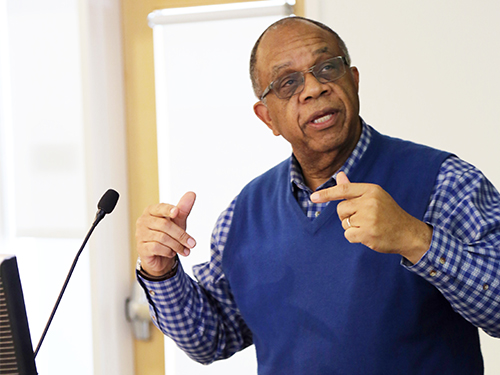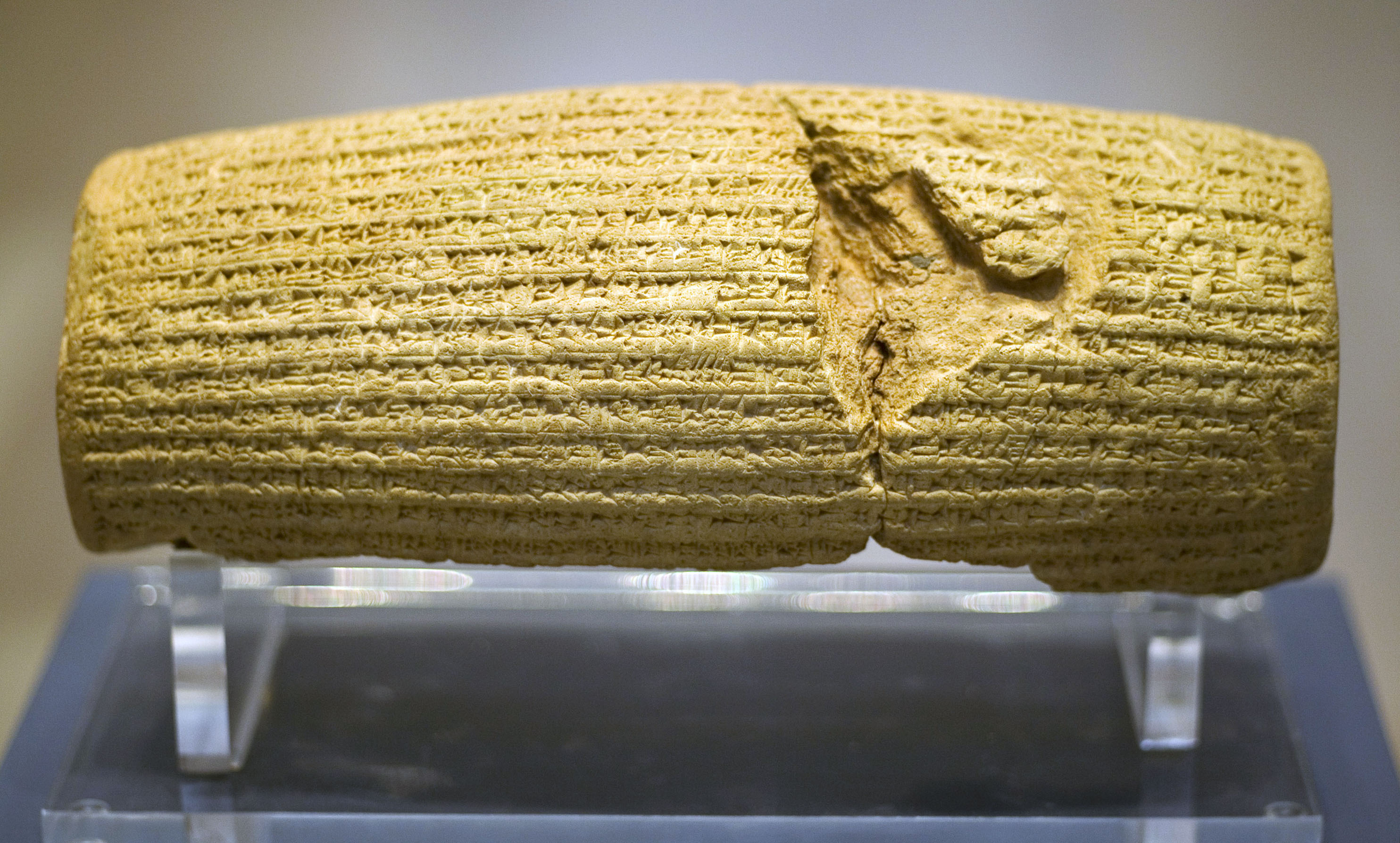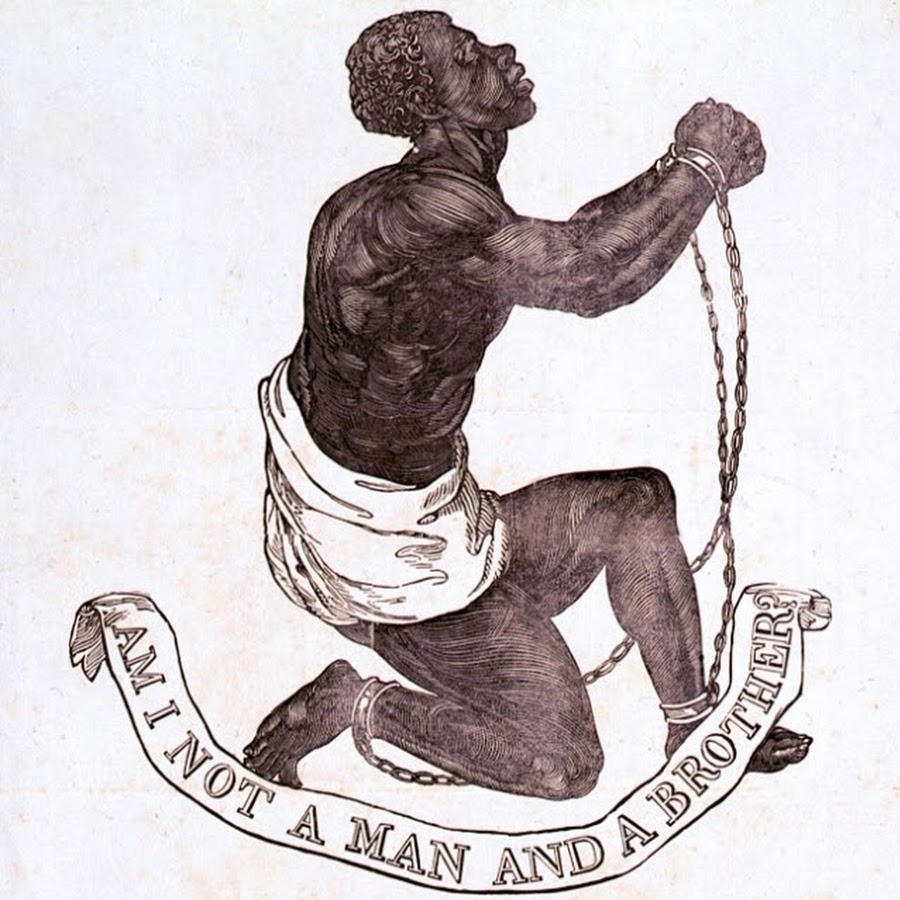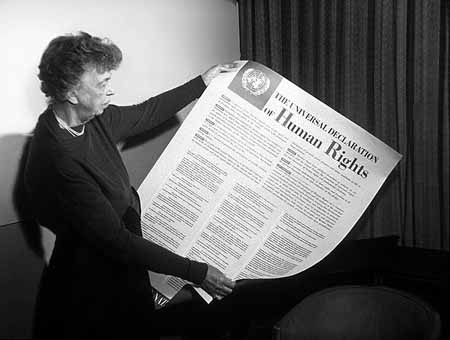
By Shaghayegh "Christine" Rostampour, MA COEX'20
The month of March marks several occasions celebrated by the United Nations aimed at promoting human rights including Zero Discrimination Day,International Day for the elimination of Racial Discrimination, the International Day for the Right to the Truth concerning Gross Human Rights Violations, and the International Day of Remembrance of the Victims of Slavery. As a student of the Heller School, which stands for social justice, a means that cannot be achieved without the recognition of human rights, I seized the opportunity to talk to Professor Theodore Johnson, an expert in international human rights law. We discussed human rights, their evolution over the course of history and their core principles.
As difficult as it may be to imagine that today, there was a time in history when people barely had rights outside of the groups to which they belonged, such as a tribe or a family. But over time, human needs changed and with them human activities evolved. Professor Johnson ties the origins of human rights law to the human need for trade.

“People needed opportunities for cooperation, because there were regions or countries that had more resources than others. So, when we set up this whole concept of trade and development, we needed to figure out how we can trade in a way that is fair and recognizes each other’s right to the property. Those regulations stemmed from natural law, that ‘it’s just fundamentally wrong to take what’s not yours,’” Professor Johnson says.
While cooperation ignited the need for laws and regulations, conflict made establishing them more complicated. “Throughout history, when nations would engage in war with each other, often to the victors were the spoils. One of the spoils was to take property from that nation you had defeated, to take people from that nation you had defeated and turn them into slaves,” explains Professor Johnson.
The rise of slavery in many regions of the world, particularly from 1200-1500, marked a turning point in the dynamics of human interactions, normalizing questionable theories of economic profit before natural law for a prolonged period of time. “But, people, moralists, and thinkers began to ask, ‘is it right for one human being to take another human being and put them into forced labor with no compensation?’ They’re human beings after all,” explains Professor Johnson.

Over time, abolitionist movements grew larger in size and depth and these questions provoked a larger transnational debate over the rights of an individual. This was perhaps the first time that humans recognized the need for universal laws to protect the rights of a human being. But another devastating turning point was yet to come to remind humanity what disregard for human dignity can bring about. In the first half of the 20th century, world wars raged throughout the world, killing millions of people and leaving most of Europe and Asia in ruins.
“The international system is based on anarchy. But what happens when a nation allows damage to individuals in that country that others see as morally repugnant? Genocide, rape, not having a justice system, and so on. The contemporary discussions [on human rights] started largely after World War II and the genocide waged by the Nazis. It was not just a violation of the rule of law, but it was also a violation of ethics, a violation of spiritual law and many civil laws around,” explains Professor Johnson.
When the second World War ended, delegates from tens of countries met to fashion an international body to promote peace and prevent future wars.The United Nations, according to its charter, was born to “save succeeding generations from the scourge of war, which twice in our lifetime has brought untold sorrow to mankind.” Additionally, world leaders also decided to create a road map to recognize for the first time on a global scale that “all human beings are born free and equal in dignity and rights”—language that became part of the Universal Declaration of Human Rights in 1948.

But today, there remain questions of justice about the atrocities done in the past and their lingering fallout.
“For instance, what was Germany to do? Ultimately, they ended up paying millions of dollars to Israel in compensation for the wrongdoings [the Holocaust] even though that could not change the past. Similarly, some argue today that enslaving Africans in the United States for 300 years was equally wrong and that the United States, and there are arguments, just following the Israeli and German model, for reparations of some sort here in the United States. There was a moral wrong in taking people from their land, forcing them against their will with no compensation to enrich the economic development of plantation owners, many of whose descendants acquired much wealth over time. So what could be done to fix that?” explains Professor Johnson.
These issues and questions regarding human rights remain as valid today as they were in the past, making it essential to have a framework for discussing them. Drawing upon his personal and academic experience, Professor Johnson, suggests “dignity” as a framework.
“I started reading and studying Gandhi, Martin Luther King, Bishop Tutu and the Dalai Lama, and conversations based around dignity. How do we restore dignity in the country? ‘Restore’ is part of ‘repair’ which is within the word ‘reparation.’ So, let’s not make it a debt conversation, but rather let’s discuss how to build some dignity between all of us. What would that look like? How would we go about it? What kind of conversations could we have? What kind of thinking could we develop that would begin to address the lack of dignity?”
